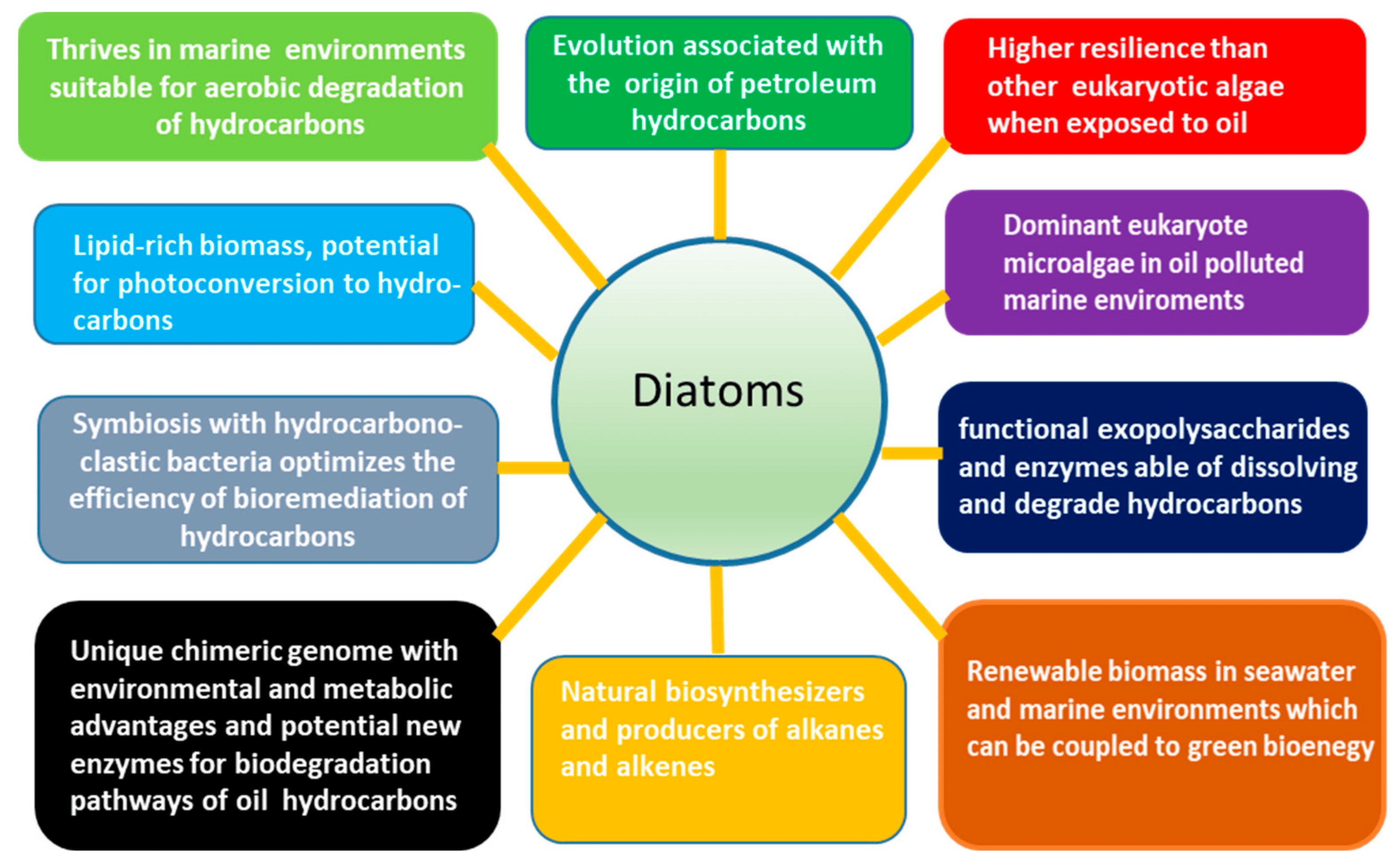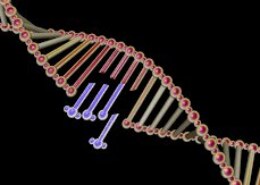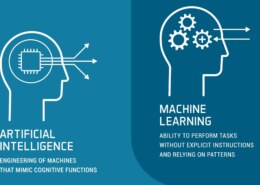Biotechnology within current medicine has been serving a very crucial role and changing the aspect of diagnosis, treatment, and prevention of diseases. One such large application is the field of new drug and therapy developments. This technique allows development of biologics, as they are called, liRead more
Biotechnology within current medicine has been serving a very crucial role and changing the aspect of diagnosis, treatment, and prevention of diseases. One such large application is the field of new drug and therapy developments. This technique allows development of biologics, as they are called, like monoclonal antibodies to target specific components of diseases, such as cancer.
Another huge application of biotechnology in medicine is genetic engineering. For instance, CRISPR-Cas9 technologies, which enable the specific editing of DNA, promise to effect cures for disorders with a genetic basis, such as cystic fibrosis and sickle cell anemia. This technology further contributes to the development of gene therapy by making possible the replacement of defective genes with normal ones.
Biotechnology also gives new dimensions to diagnostics. Using polymerase chain reaction (PCR) including next-generation sequencing, advanced molecular diagnostic technologies have been developed for the early and accurate identification of diseases at a genetic level. This forms a basis that supports the paradigm of personalized medicine using precision in treatment by basing its actions on the individual genetic constitution.
Additionally, the production of vaccines against COVID-19 using biotechnology uses mRNA to develop immunity without subjecting the individual to the live form of the virus. This has hastened the development and rollout of such vaccines and has been the best demonstration of how biotechnology translates into public health.
See less



Honestly, I don’t think we’re using biotechnology to its full potential yet. We’ve made some impressive strides, particularly in agriculture, with genetically modified crops boosting yields and resilience against pests. These advancements are crucial for ensuring food security and improving farmers'Read more
Honestly, I don’t think we’re using biotechnology to its full potential yet. We’ve made some impressive strides, particularly in agriculture, with genetically modified crops boosting yields and resilience against pests. These advancements are crucial for ensuring food security and improving farmers’ livelihoods.
In healthcare, biotechnology has led to breakthroughs in diagnostics and treatments. Affordable vaccines and therapies for previously untreatable diseases have been developed, and personalized medicine is on the rise, tailoring treatments to individual genetic profiles. This is transforming the management of chronic conditions and improving health outcomes.
However, there’s much more we could be doing. Our regulatory framework can be slow, sometimes stifling innovation. More support for research and development, and better collaboration between the government, academic institutions, and the private sector, could accelerate progress.
Public awareness and acceptance are also challenges. A lack of understanding and trust in biotech solutions can hinder their adoption. Education and transparent communication about the benefits and risks are crucial.
Biotechnology also holds promise for tackling pollution and conserving biodiversity, but these applications are still in their infancy. Greater investment in these areas is needed to fully harness biotech’s potential for sustainable development.
In summary, we’ve made progress, but there’s still a long way to go before we fully leverage the power of biotechnology. More innovation, better policies, and greater public engagement are needed to unlock its potential.
See less